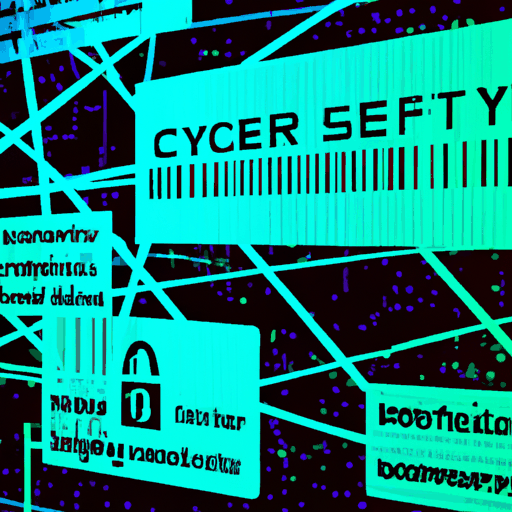
Warnings Emerge Over DeFi and Web3 Ponzi Risks Amidst Security Alert
By: Eva Baxter
The world of cryptocurrency continues to wrestle with new challenges as both security threats and deceptive financial schemes surface. The Beijing Internet Finance Industry Association (BIFA) has recently issued a crucial warning to retail investors, cautioning them against high-return investment schemes masking traditional Ponzi mechanisms. These schemes reportedly involve terms such as "stablecoin wealth plans," "Web 3.0 dividends," and fixed-return offers that ultimately prove hazardous due to lack of proper financial licenses and dubious operations.
BIFA outlined clear indicators of fraudulent activities, which include the absence of operating licenses, the use of technical terms to create informational asymmetries, manufacture of false assurances, and the practice of using new deposits to remunerate previous participants—all classic signs of a Ponzi structure. Investors were advised to perform diligent checks through national regulators and were reminded of the risks associated with high-return pitches. This guidance comes as a reminder to potential investors in light of China's stringent regulations against crypto-related operations.
In a related development, crypto security researchers have intercepted a significant threat within the DeFi ecosystem. The Venn Network disclosed an exploit targeting uninitialized ERC-1967 proxy contracts, potentially linked to the infamous North Korean Lazarus Group. The backdoor exploit was found in thousands of smart contracts, with the capacity to facilitate the theft of over $10 million. Researcher Deeberiroz noted that subsequent to the discovery, a rapid response operation was initiated involving several developers and crypto security specialists who worked collaboratively to secure the affected contracts. This intervention has underscored the ongoing battle against vulnerabilities within smart contracts in a rapidly evolving DeFi landscape.
Moreover, the continued interest in cryptocurrencies despite legal restrictions highlights a complex interaction between legal structures and the persistent allure of digital finance. With consumer notices being consistently issued against token scams in cities across China, retail speculators must exercise increased caution. As the regulatory environment evolves, notably with Hong Kong's new stablecoin regulations on the horizon, vigilance surrounding investment opportunities has never been more pertinent. BIFA's proactive stance in encouraging the public to report unlicensed financial activities to authorities reflects an effort to uphold market integrity, while the drive to secure vulnerable DeFi platforms from sophisticated threats is ongoing, showcasing the dynamic nature of crypto risk management.



